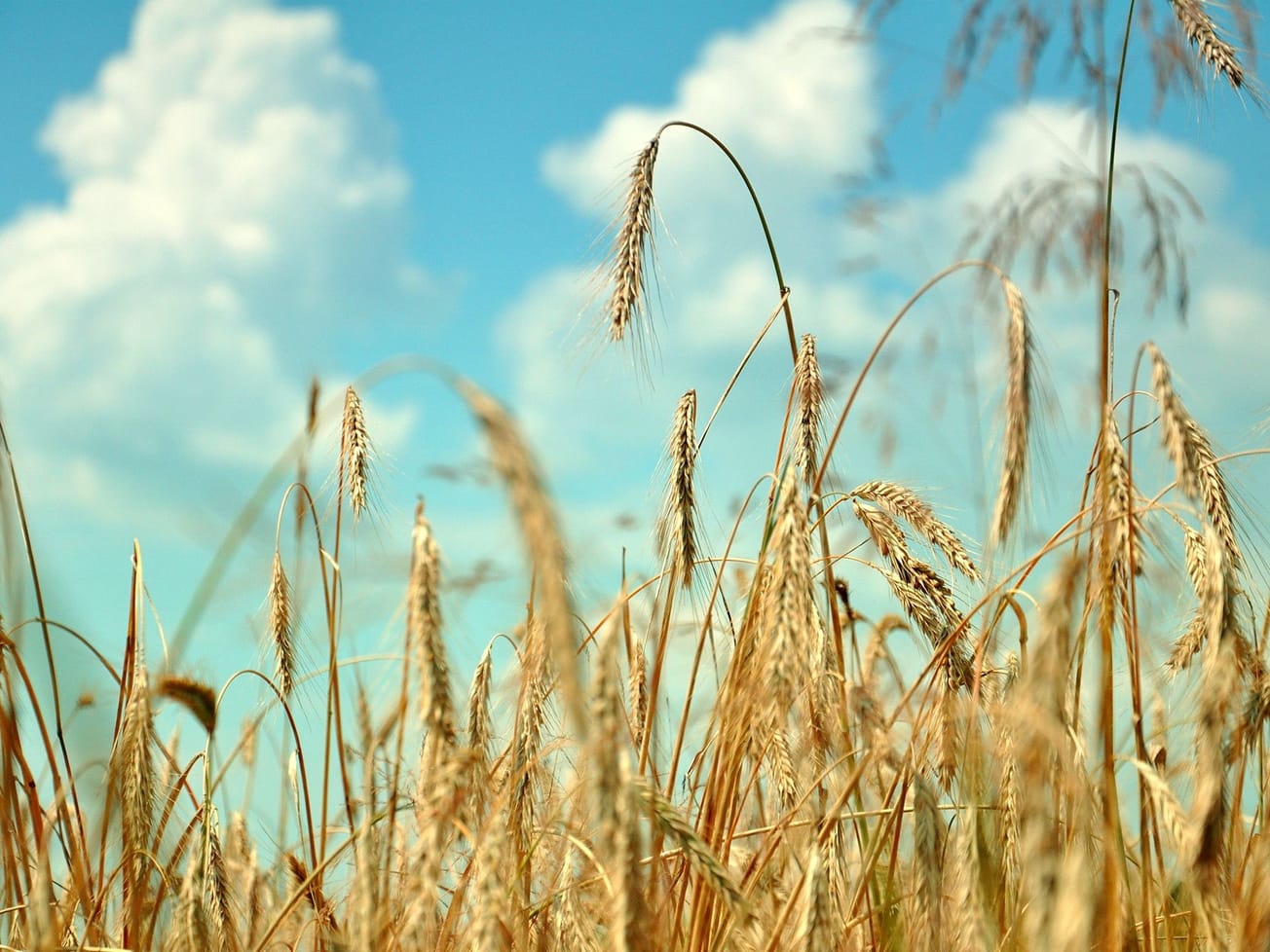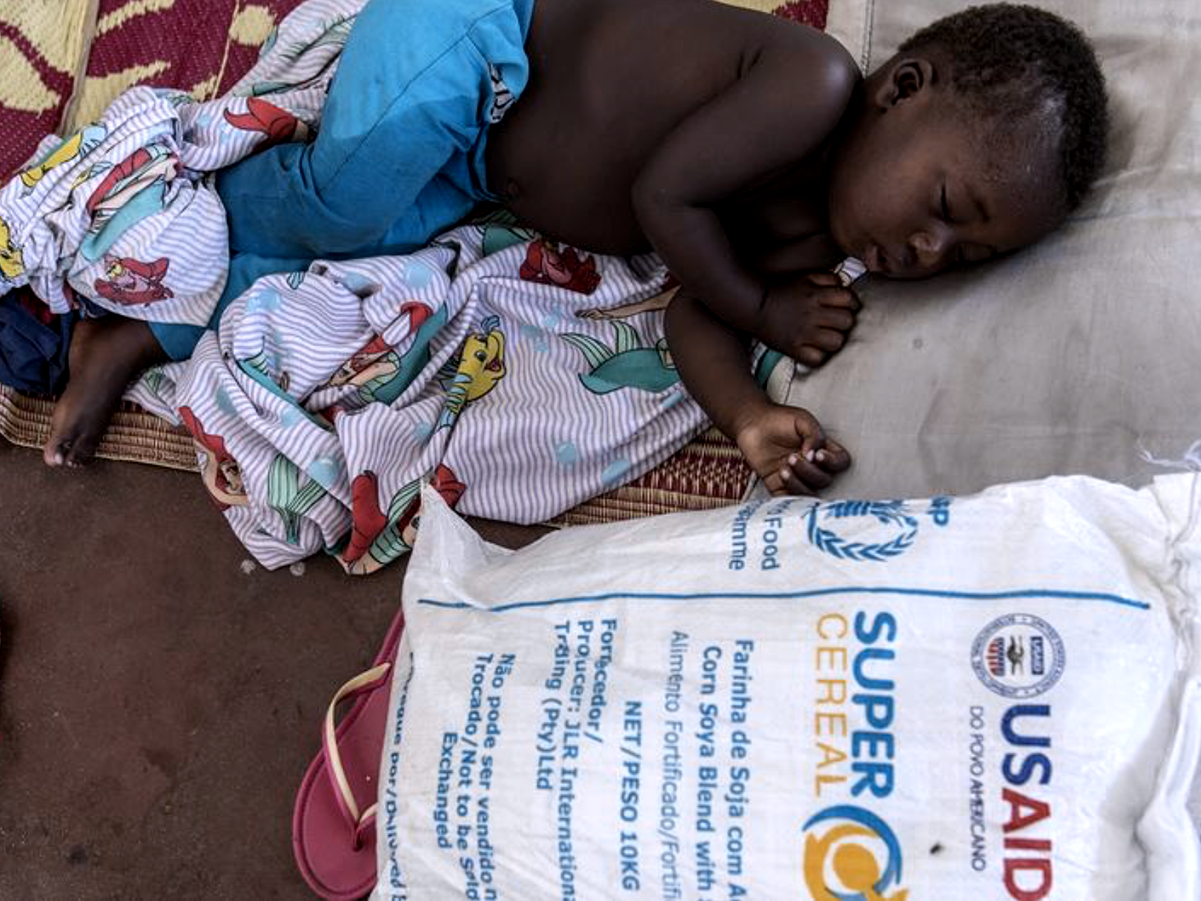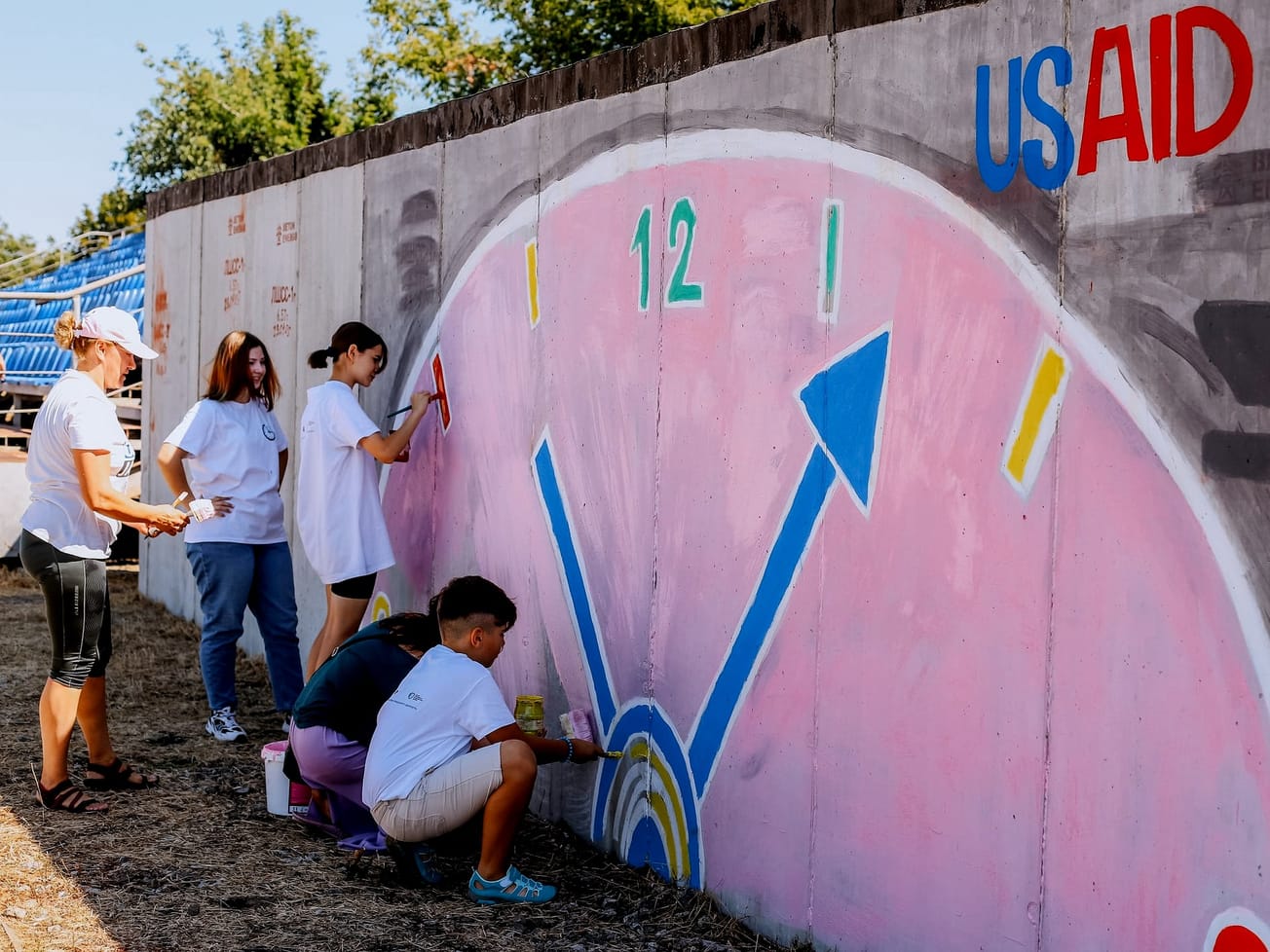U.N. Secretary-General António Guterres announced the four-month extension of a wartime agreement with Russia that will Ukraine's grain shipments to sail on the Black Sea and on to foreign ports, helping alleviate hunger and high food prices.
The first ships carrying exports of grain and fertilizer sailed this summer under the Black Sea Grain Initiative, a United Nations-brokered agreement signed between the world body, Russia, Ukraine and Turkey on July 22.









